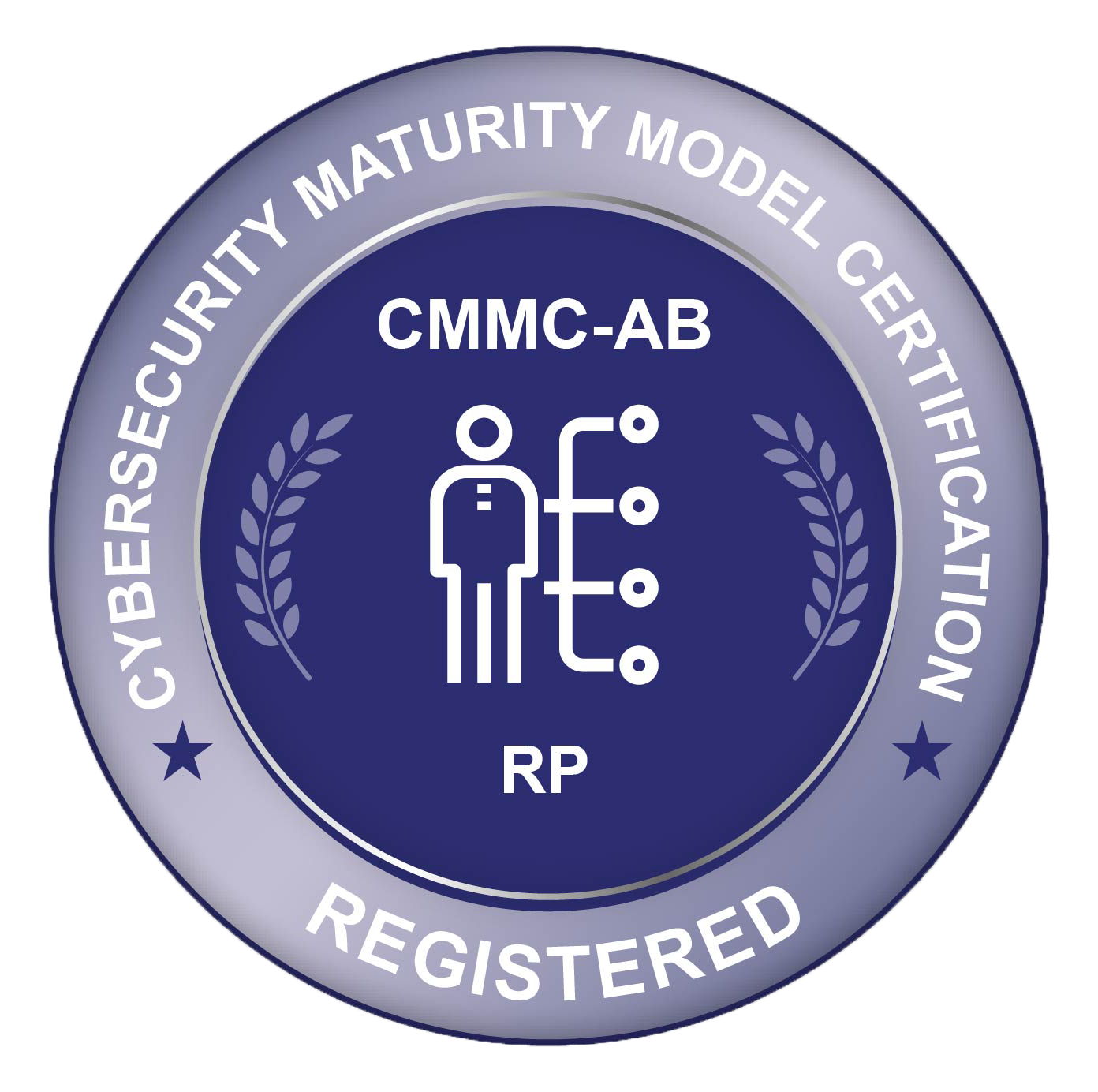How Can I Stay Protected from More_eggs Malware and Other Threats
Malware attacks are one of the most common ways hackers gain access to unsuspecting systems. The more_eggs malware is just one of the more prevalent examples of malware designed to infect innocent users for nefarious ends. Sent to a target through a disguised download extension, it can create backdoor access to the entire server linked to that machine, which is how more_eggs became a particular problem for multiple companies after it was introduced.
While an increasingly common tactic by hackers towards more and more people online, being targeted by malware is not unavoidable. Combining some basic understanding of what malware is and how it operates with proven effective anti-malware measures will help time spent online stay protected from more_eggs and other malware like it.
What is Malware?
Malware is malicious software designed to allow outside machines backdoor access to sensitive data and personal information, often in a way where the user is unaware their machine or data is even compromised. Specific computer viruses are themselves specific types of malware, programmed in different ways with those kinds of goals in mind, but not all malware are viruses.
The more_eggs malware specifically was hatched in 2018, designed to target Windows machines in particular, and the command to download the malware was hidden inside a seemingly harmless link extension. The hacker would give targets that link extension to download and, once downloaded, malware like more_eggs would give the hacker full access to the user’s systems and information, hiding the signs of infection so that users could easily be completely unaware their machine was compromised until it was too late.
More_eggs is not the most recent malware designed or the most complex but is one that still sees common usage in conjunction with phishing attacks and other techniques (most recently linked to a series of hackings of multiple companies through LinkedIn).
Solutions for the Most-used Malware
The techniques the more_eggs malware use is common among the most-used malware: by being downloaded inside a seemingly innocuous link extension, more_eggs would grant the hacker backdoor access. The hackers using more_eggs would typically pose as jobseekers, hiding the download extension in a file they were passing off as a resume. After getting a backdoor into the company server, they could quickly spread their access to other machines on the system, compromising the entire server.
Anti-Malware Solutions
The first and simplest solution to avoid downloading malware is to make sure extensions only come from trusted sources and to be aware of anything suspicious in the soliciting e-mail. If already infected, the ultimate solution can be to wipe the entire drive and return to a previous data backup if possible. That isn’t always a viable solution, especially if the extension is on multiple devices in a server, but can be the most effective way to remove all malware access to an individual system. Getting anti-malware and anti-virus support from an IT consultant would be the best way to find out what options are best in your particular situation.
Whether dealing with more_eggs specifically, or the latest in trojan viruses, worms, adware, or other types of malware, MTBW has the experience and knowledge to best protect your personal information online. More_eggs might be a tough malware egg to crack, but with the knowledge and experience that MTBW brings we can have your experience with more_eggs over easy.
At MBTW we use anti-malware measures in tandem with anti-virus measures with the intent of preventing data infection from happening, but if it is to eliminate the source of the infection quickly and efficiently. Using techniques like sandboxing, traffic filtering, proactive security measures, and phishing simulations, we can pull any malware out by the roots and safeguard your data from future attacks. If you’re interested in finding out more about our big business solutions on small business budgets, contact one of our specialists for more information.








